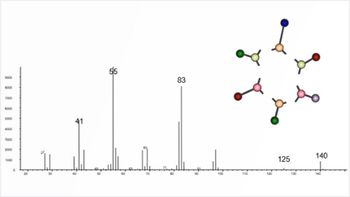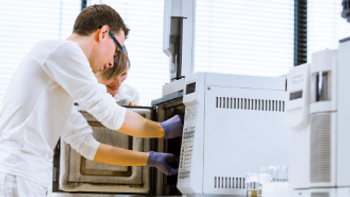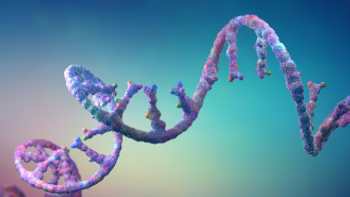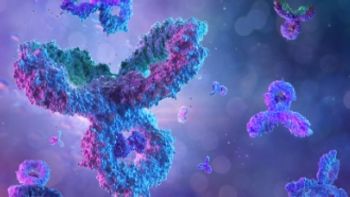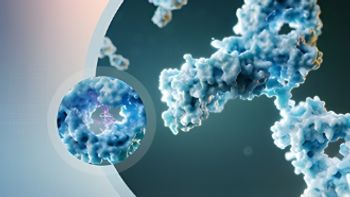
Tips to Optimize Lab Scale Oligonucleotide Purification
Tuesday, December 7, 2021 at 8am PST | 11am EST | 4pm GMT ** Tuesday, December 7, 2021 at 11am PST | 2pm EST | 7pm GMT ** Thursday, December 9, 2021 at 11am CST | 12pm JST | 3am GMT Applying the appropriate tools for oligonucleotide purification is a unique challenge. Join Matthew L. Turner, PhD of Agilent Technologies for a discussion of the challenges of oligonucleotide purification and Agilent’s suite of Bio LC solutions.
Register Free:
Event Overview:
With the worldwide growth in the oligonucleotide therapeutic market, applying the appropriate tools for oligonucleotide purification and scale-up is essential. With the complex impurity profiles of synthetic oligonucleotides and varying sequence modifications and lengths, thoughtful optimization of HPLC methodologies is essential for final pure oligonucleotides for research, diagnostics, and therapeutics. This webinar will discuss the common challenges associated with oligonucleotide purification, focusing on Agilent’s suite of Bio LC column solutions designed to address the complex needs of the market.
The following will be covered:
- Technical challenges and impurities associated with oligonucleotide synthesis
- Common oligonucleotide purification methodologies
- AEX vs IP-RP and the best choice based on purity, scale, temperature, and instrumentation
- Method optimization considerations and challenges
Key Learning Objectives:
- Common methods for purification of oligonucleotides
- Key decisions in oligonucleotide separations (AEX vs IP-RP, column dimensions, scale etc)
- Optimizing your IP-RP and AEX purifications
Who Should Attend:
- Biopharma analytical development scientists
- Biopharma process development scientists
- CDMO labs
- Diagnostic development labs
Speakers
Matthew L. Turner, PhD
Biocolumns Product Manager
Agilent Technologies, Inc.
Matthew Turner is a product manager of Biocolumns at Agilent Technologies, Inc. supporting the cell and gene therapy market. Previously Matthew worked as a field applications scientist for four years supporting cell and gene therapy customers in their genomic and proteomic analysis and purification. Matthew received his Ph.D in biochemistry and structural biology from the University of California, Davis in 2016 with a focus on structural neuronal proteins and their effect on synaptic plasticity before pursuing his career supporting biopharma customers.
Register Free:
Newsletter
Join the global community of analytical scientists who trust LCGC for insights on the latest techniques, trends, and expert solutions in chromatography.

